Bunny Vs Rabbit: Debunking The Age-Old Myths And Misconceptions That Are Harming Them!
Are you curious what’s the differences between bunny vs rabbit? In this article, we will discuss the most definitive way to distinguish them, and we also give away some informative myth debunks so that you learn more about these cutie pies!
Warning: Tons of cuteness ahead!
Bunny Vs Rabbit: What's The Difference Between A Bunny And A Rabbit?
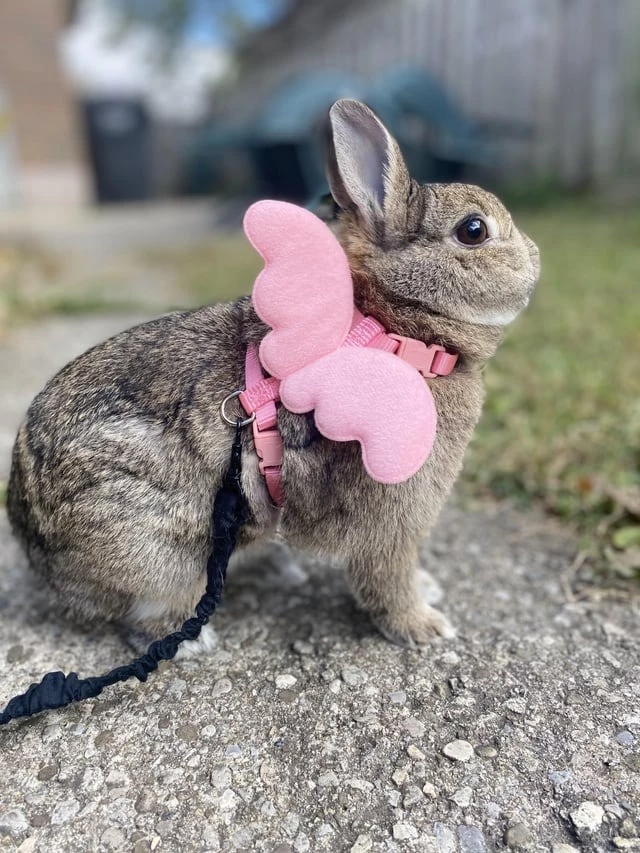 Source: Google Images
Source: Google Images
Short answer: Bunny is simply a rabbit baby, and in most cases, it’s a childish name for a rabbit. The bunny and rabbit difference is mostly semantic, the same happens in the case of puppies and dogs, or kittens and cats.
And while English speakers rarely if ever use the word rabbit for anything other than the animal, bunny is also used frequently as an endearment word for attractive, young women. How the woman in question or our society as a whole perceives this slang, is another story.
So, are bunnies and rabbits the same thing? In most cases, yes, you can use them interchangeably.
You should also pay attention to a hare as well. A hare is not a rabbit, and generally speaking, hares are bigger, have black marks on their body, and mostly live in the wild while rabbits are domesticated.
Bunny Vs Rabbit: Myths And Misconceptions Rectified
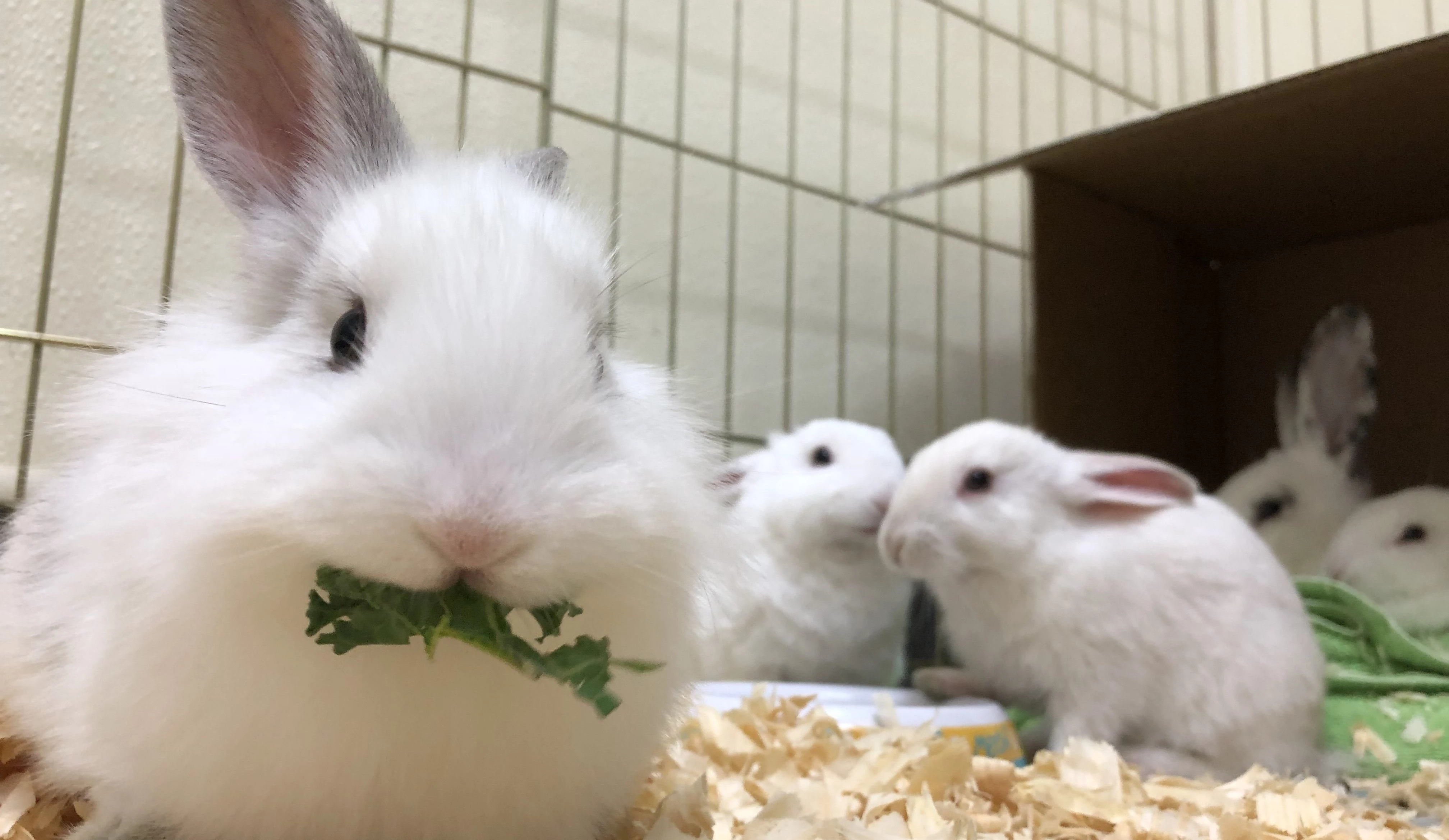 Source: Google Images
Source: Google Images
Having cleared the way, now we will look at some bunny (rabbit baby in this article) and rabbit misconceptions.
#1: Bunnies Make Great Easter Gifts
Rabbits have become synonymous with Easter, but it's essential to reconsider before giving or getting a real live bunny as an Easter present.
Every year, a sad reality unfolds as numerous Easter bunnies are abandoned once families realize they may not be the ideal match for their children or other pets.
It's crucial to understand that bunnies need to be spayed or neutered; otherwise, they can become quite aggressive. Once a bunny reaches maturity without being fixed, there's a risk of them biting a child, leading to many of them being released into the wild.
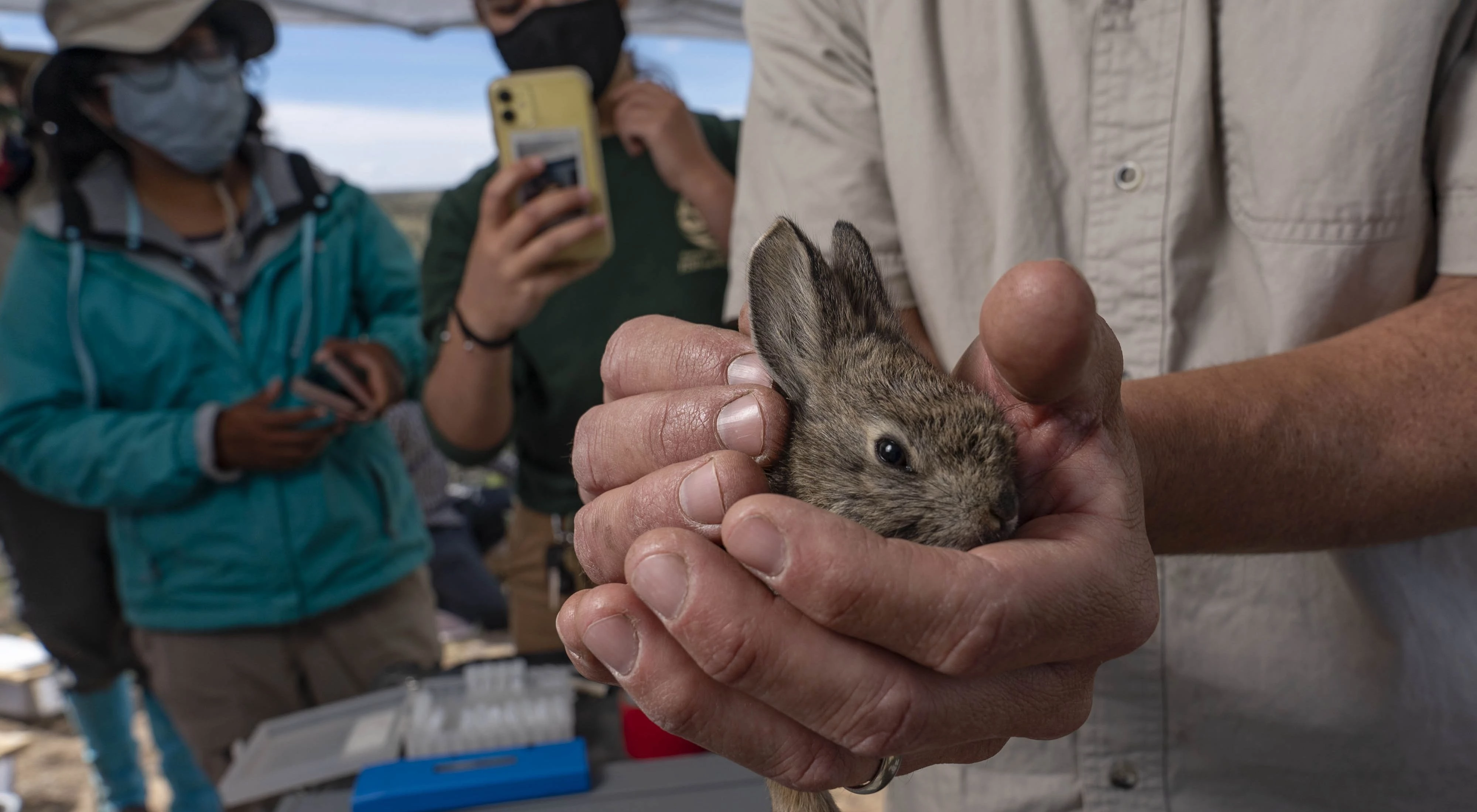 Source: Google Images
Source: Google Images
However, domestic rabbits lack the survival skills of their wild counterparts and struggle to fend for themselves. Before you decide to adopt a rabbit, here's what you should be aware of:
- Bunnies have specific dietary requirements.
- Bunnies can have a lifespan of over 10 years.
- While bunnies can make wonderful pets for individuals seeking a quiet companion or those living in small homes or apartments, it's crucial to be well-informed before bringing a bunny into your life.
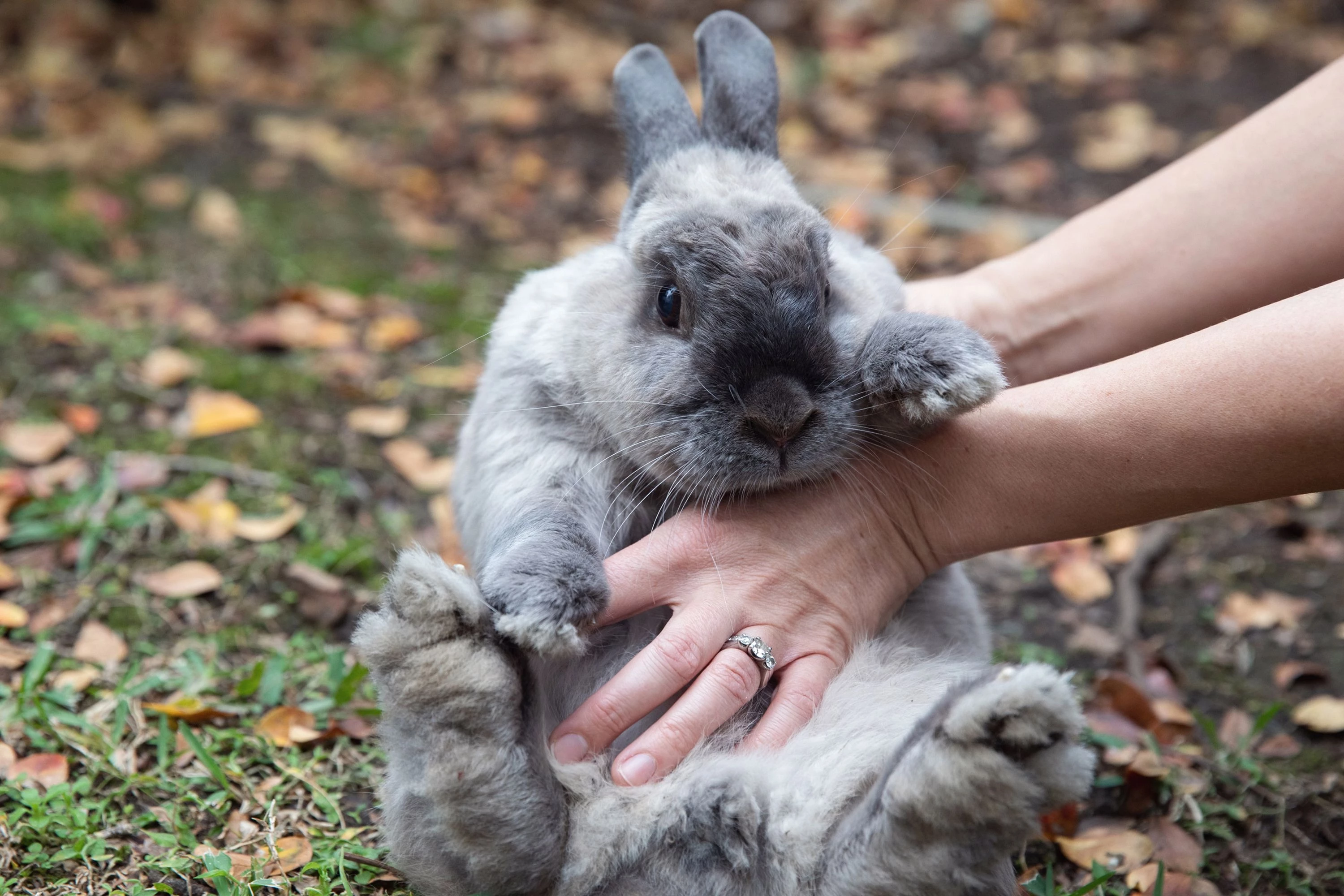 Source: Google Images
Source: Google Images
#2: Litter Training A Bunny Is Easy
Truth: It's actually easier to litter train an adult rabbit, particularly one that has been neutered or spayed. Just like young children or puppies, baby rabbits tend to have accidents during their training.
When a bunny reaches sexual maturity (around 3-6 months old), they may start spraying and seemingly forget their litter training. In such cases, it's advisable to consult a veterinarian and have your rabbit neutered or spayed.
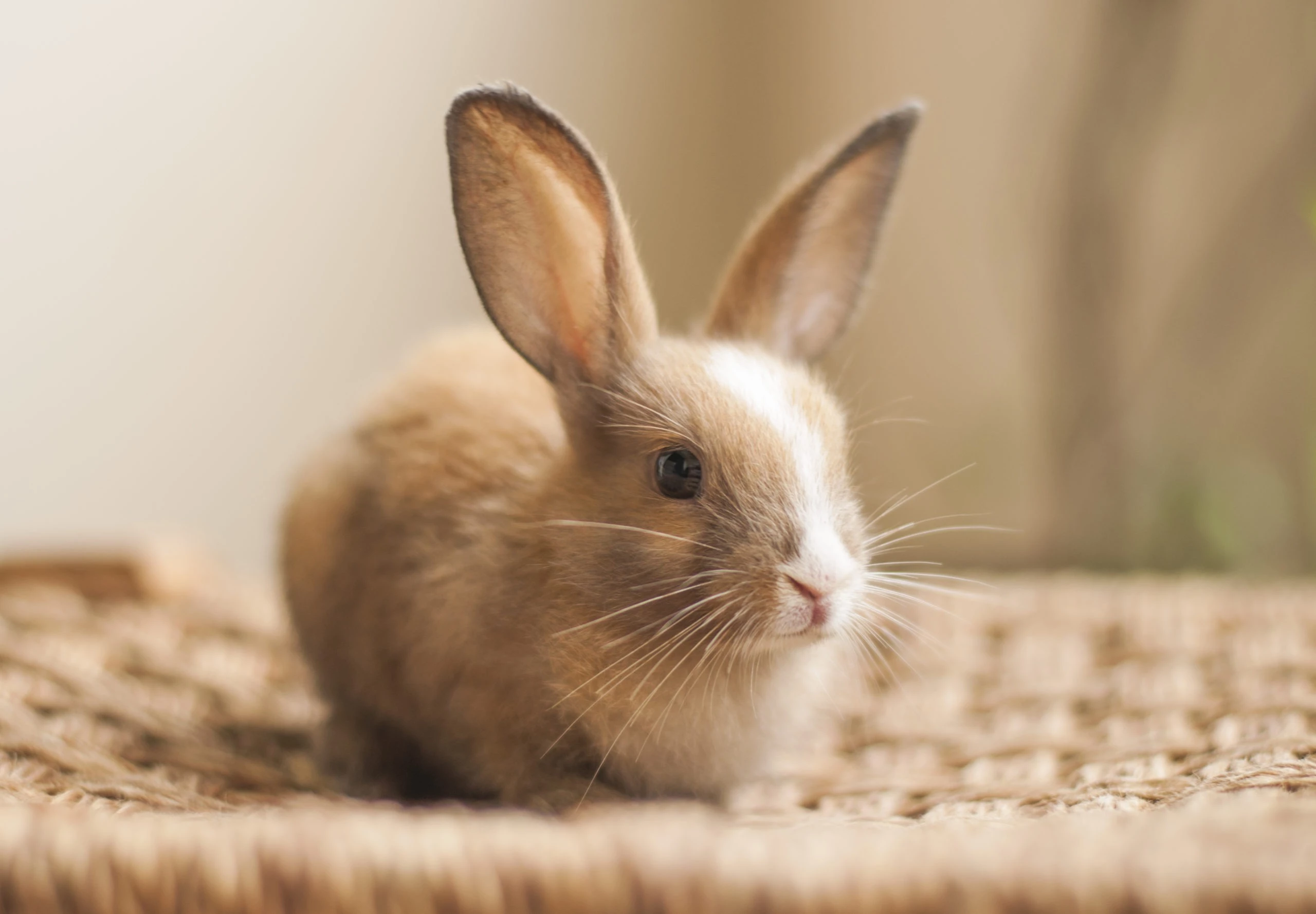 Source: Google Images
Source: Google Images
#3: Children Should Have A Baby Bunny To Grow Up With.
Truth: Children typically don't know how to care for a baby bunny and might inadvertently harm them. Regardless of the child's age, the responsibility for the bunny falls on the adults. Rabbits are physically fragile animals and may not be suitable for children under five years old.
If a rabbit is considered a family member and interactions are supervised, a child can indeed grow up alongside a rabbit. An adult rabbit, in particular, is better at commanding a child's respect.
 Source: Google Images
Source: Google Images
#4: Baby Bunnies Are Naturally Gentle And Well-Behaved.
Baby rabbits are usually active, playful, and prone to chewing on everything they come across. They tend to be more destructive than most adult rabbits. Additionally, it's challenging to predict the adult personality of a baby bunny.
#5: Baby Bunnies Love To Be Cuddled And Mothered.
Most baby bunnies are too busy exploring, darting around the house, squeezing into tight spaces, and chewing on furniture to sit still for long cuddles. As they mature, they tend to settle down and may become more receptive to being held. However, every rabbit, just like every person, has a unique personality, so there are exceptions.
 Source: Google Images
Source: Google Images
Rabbits Misconceptions:
#1: Rabbits Are Dumb AF
Some people think that bunnies are dumb creatures, even when they are all grown up. However, this is far from the truth.
Rabbits are intelligent animals that can be trained to understand words, phrases, and commands, but they may not always obey, making decisions based on their motivation at the time. They can learn tricks for treats and are often litter-trainable.
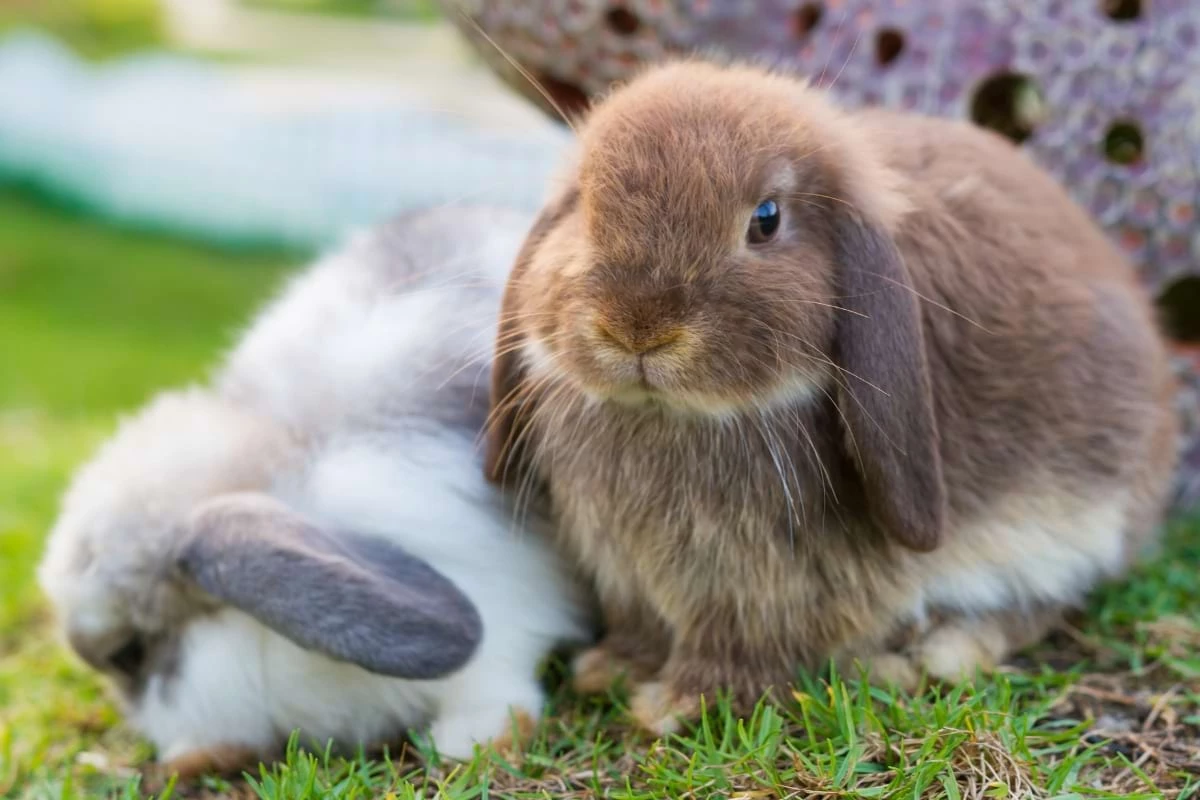 Source: Google Images
Source: Google Images
They have routines and can express emotions such as fear, anger, and annoyance. While they are curious and appreciate positive reinforcement, criticism or punishment can alienate them.
They may not recognize you as one consistent being but respond to your overall scent. A rabbit's intelligence has limits, but they can be loyal and loving companions when treated kindly.
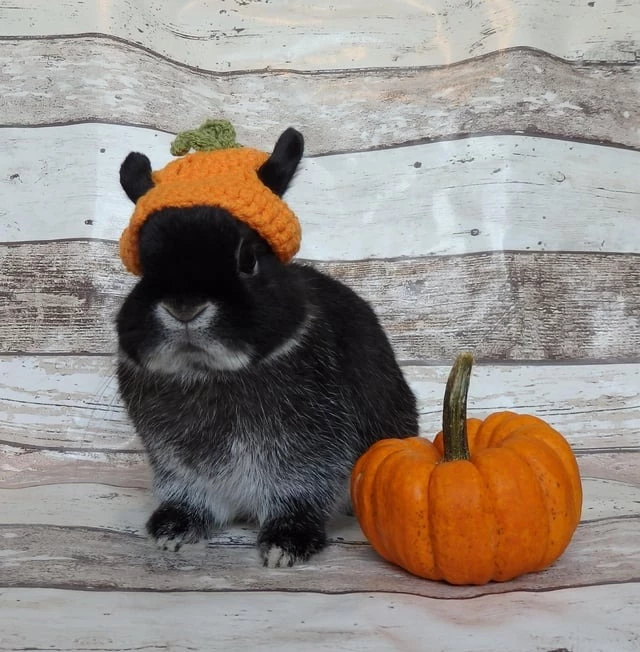 Source: Google Images
Source: Google Images
#2: Rabbits Are A Breeze To Care For, Making Them Ideal Starter Pets.
Rabbits may not require walks like dogs, but they are far from low-maintenance. Daily cleaning of their living space is essential, and they need fresh food, water, and a daily serving of well-washed, leafy greens.
Some health issues in rabbits can become chronic and may demand regular and sometimes costly veterinary care. Finding veterinarians with expertise in rabbit medicine can be a challenge.
#3: Rabbits Have A Short Lifespan, So There's No Long-Term Commitment Needed.
Well-kept indoor rabbits can live for 8-10 years, with some reaching their teens. This longevity is comparable to certain dog breeds, necessitating a substantial and enduring commitment.
 Source: Google Images
Source: Google Images
#4: Rabbits Don't Require Veterinary Attention Like Dogs And Cats.
Reality: While the only annual vaccination most rabbits need is for RHDV-2 in affected regions, regular veterinary checkups are crucial for early issue detection.
Spaying or neutering by a rabbit-experienced veterinarian helps reduce hormone-related behaviors and guards against uterine cancer, a significant risk for older female rabbits, with an incidence rate exceeding 50%.
#5: Rabbits Primarily Eat Carrots
Carrots shouldn't be their main food source. Rabbits don't naturally consume root vegetables or fruits. Carrots and fruit are high in sugar and should only be given in small, occasional amounts as treats. A balanced diet for rabbits consists mainly of hay and/or grass, along with some leafy greens and a measured quantity of pellets.
Recap: Bunny Vs Rabbit
 Source: Google Images
Source: Google Images
In conclusion, the difference between bunny and rabbit is quite clear: a bunny is essentially a baby rabbit, and the terms are often used interchangeably.
However, it's important to debunk some common myths surrounding these adorable creatures.
While they make great companions, rabbits, whether babies or adults require responsible care and attention. They are intelligent, trainable, and far from being low-maintenance starter pets.
With proper care, they can enjoy a long lifespan, similar to some dog breeds. Regular veterinary attention is essential, and their diet should primarily consist of hay or grass, not just carrots. Understanding these facts ensures a healthy relationship with your bunny or rabbit.
Related Articles
- Gorilla Tries To Run Into Cold Water, Regrets It, And Then Acts Cool As If Nothing Bad Happened
- The Heartwarming Tale Of Gentle Outcast Cat's Journey From The Streets To Loving Home In NYC
- Cat Left Behind In Apartment When His Family Moved Is Happy When Finally Adopted After 5 Months Of Waiting
- Man Out Paddle Boarding Suddenly Realizes He Has Chance Encounter With A Very Curious Manatee
- Woman Finds Flowers All Over Bedroom Every Day - Then Relizes They Were Left By A Secret Admirer
- This Man Stops To Rescue 'Angry' Animal In The Road—And Ends Up Making A Friend
- Photographer Spots A Haunting Face Pleading For Help On Beach
- Shoppers Are Completely Stunned As They Spot A Face Pleading For Help At Store’s Glass Door
- Couple Adopts Bulldog Who Looks Similar To Their Pet and Gets A Big Surprise
- Man Sets Up Owl Nesting Box, Then Surprisingly Discovers Fluffy Visitor Inside